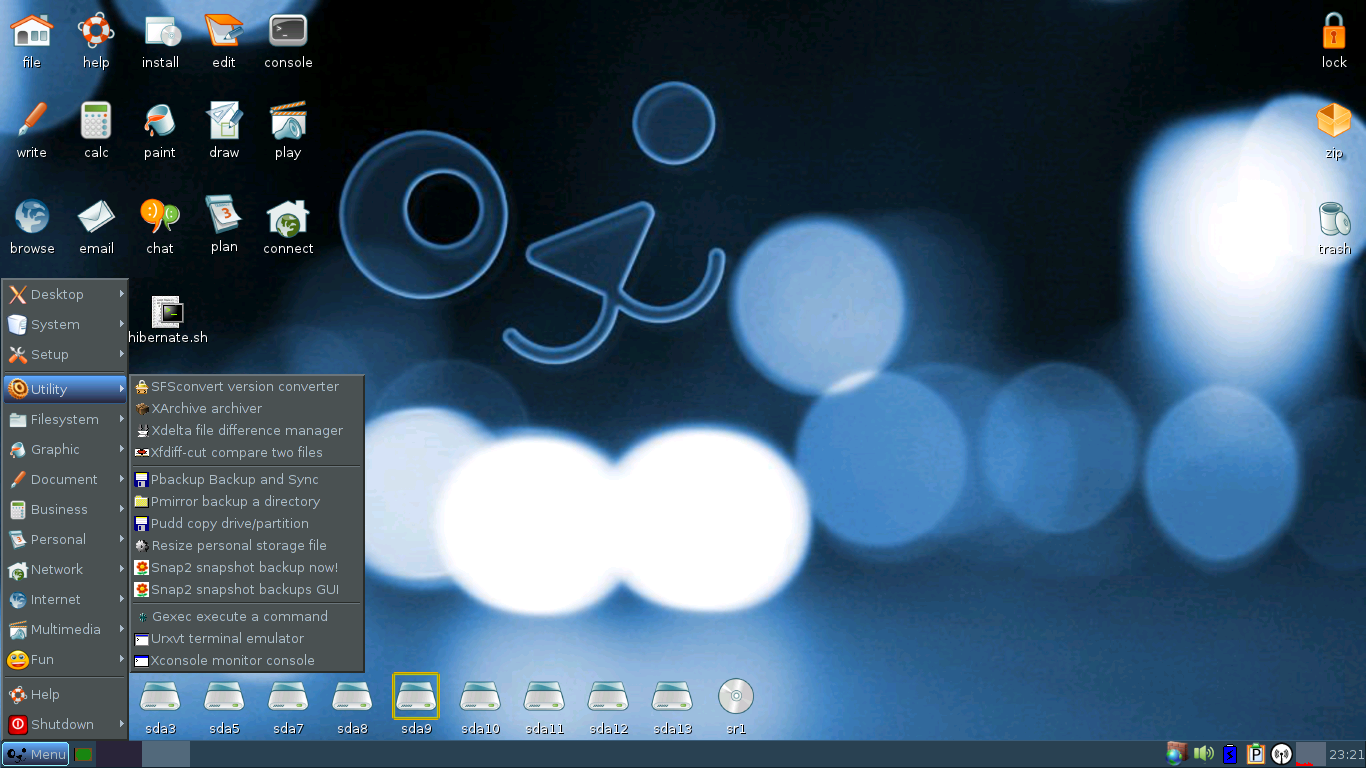Install Antivirus On Puppy Linux

Few Linux Viruses Exist in the Wild The core reason you don’t need an antivirus on Linux is that very little Linux malware exists in the wild. Malware for Windows is extremely common. Shady advertisements push nasty software that is practically malware, file-sharing sites are full of infected programs, and malicious individuals target security vulnerabilities to install Windows malware without your permission. With this in mind, using an on Windows is an important layer of protection.
Puppy Linux Community Home - Getting Started. Overview and Getting Started. Don't throw away your PC - make it new with Puppy! More about the Puppy project. More Install Antivirus On Puppy Linux videos. Install Antivirus On Puppy Linux Distros. You Need an Antivirus on Linux Antivirus software isn’t entirely useless on Linux. So by all means, install an antivirus.
However, you are very unlikely to stumble on – and be infected by – a Linux virus in the same way you would be infected by a piece of malware on Windows. Whatever the reason, Linux malware isn’t all over the Internet like Windows malware is.
Using an antivirus is completely unnecessary for desktop Linux users. Why Linux is Safer Than Windows Here are a few reasons why Windows struggles with a malware problem, while few pieces of malware target Linux: • Package Managers and Software Repositories: When you want to install a new program on your Windows desktop, you head to Google and search for the program.
Page 1 of 7 - Can ClamAV be used with Precise Puppy 5.7.1? - posted in Linux & Unix: Is there any way to install ClamAV on a memory stick, to use it with Precise.
File Transfer Protocol In Java. When you want to install most programs on Linux, you. These repositories contain trusted software that has been vetted by your Linux distribution – users aren’t in the habit of downloading and running arbitrary software.
• Other Security Features: Microsoft has been doing a lot of work to fix serious security problems with Windows. Until was introduced with Windows Vista, Windows users almost always used the Administrator account all the time.
Linux users normally used limited user accounts and only when necessary. Linux also has other security features, like and SELinux. • Market Share and Demographics: Linux has historically had low market share. It has also been the domain of geeks that tend to be more computer-literate. Compared to Windows, it’s not nearly as big or easy a target.



